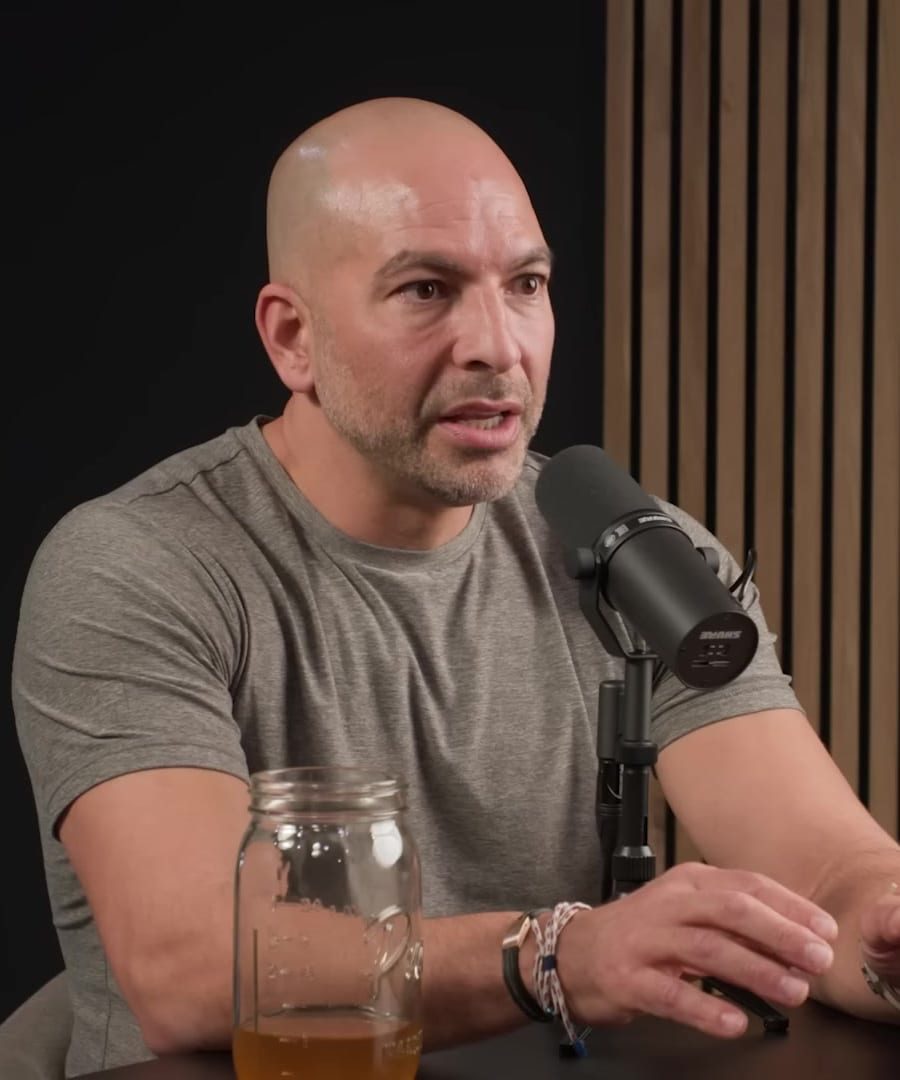What is self-criticism?
Sources:
Self-criticism refers to the act of harshly judging oneself, often for perceived failures or inadequacies. This can manifest as internal negative dialogue directed at oneself when making mistakes or failing to meet expectations.
For example, describes a personal journey where he would intensely criticize himself for not achieving perfection, like not perfectly cooking a steak or missing a shot with a bow and arrow. This constant self-reproach led to significant self-loathing and impacted his interactions with others negatively. He overcame this by using a therapeutic exercise where he would imagine talking to a close friend instead of himself and recording this kinder, more understanding dialogue 1.
also discusses self-criticism in the context of mental health, emphasizing the importance of avoiding self-persecution, which can detract from one's sense of agency and gratitude. Instead, he suggests understanding and addressing the underlying issues contributing to negative self-perception 2.
Overall, self-criticism is the harsh assessment of oneself that, when excessive, can have detrimental effects on emotional and mental well-being. Methods to mitigate it include rephrasing internal dialogue and focusing on constructive and compassionate self-talk.
RELATED QUESTIONS

